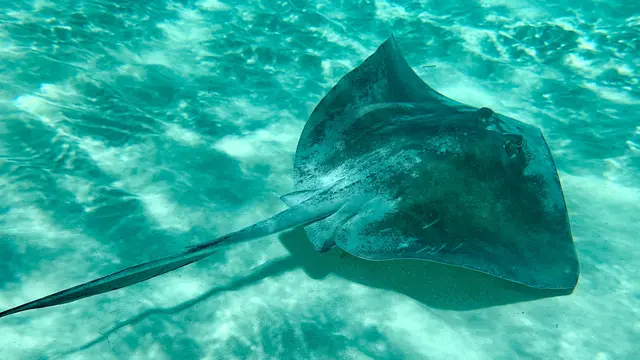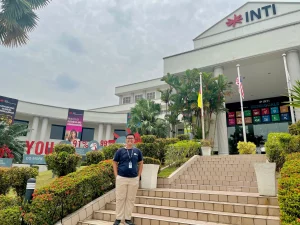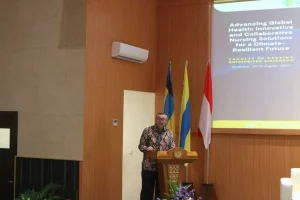UNAIR NEWS – The Java stingaree (Urolophus javanicus) was finally declared extinct. It was shocking as it became the first animal to go extinct due to human activity.
Endangered species
The Fisheries and Marine expert from Universitas Airlangga, Prof H M Amin Alamsjah Ir PhD, responded. The Java stingaree had long been categorized as an endangered species. The extinction occurred gradually, with a steady decrease.
The Java stingaree is an ovoviviparous animal that requires a medium for its reproductive process. They need nutrition in small fish or shrimp to survive.
Several factors cause this extinction. The use of destructive fishing, such as fish bombing using chemical substances, has caused significant damage. Besides, overfishing in certain areas has also contributed to the extinction of the fish.
“Another significant reason is habitat destruction, which is due to coastal development such as dock construction or intensive aquaculture. This, in turn, destroys green belts, which serve as breeding grounds for aquatic species like fish or shrimp,” Prof Amin said.
Habitat destruction is a result of activities like sand extraction, illegal wildlife trade, direct factory waste disposal, and climate change. Some organisms fail to adapt to rising water temperatures due to the melting of polar ice caps.
Most human behaviors lead to ecosystem changes, such as water quality parameter degradation and environmental changes. When there is a change in water function, it creates a problem. According to Professor Amin, certain aquatic habitats serve as buffers. Unfortunately, there can be an over-carrying capacity in containing harmful compounds at some sites, resulting in ecological damage.

Strengthen community education
The dean of the Faculty of Fisheries and Marine stated that the Java stingaree extinction must be a wake-up call. Efforts should be made to avoid the extinction of other species. According to him, the Ministry of Maritime Affairs and Fisheries (KKP RI) should compile a list of species and their status. The ministry must undertake identifications regularly and disseminate this information to stakeholders, particularly fishers.
It is necessary to improve the public’s awareness of fisheries and marine affairs. So far, knowledge about fisheries has been inherited rather than built on theoretical and empirical knowledge. There is a need to comprehend the importance of water resources management, considering Indonesia’s maritime status with high potential in fisheries and marine affairs.
“The government must encourage people’s awareness of aquatic resources. We already have many regulations. We need to strengthen public awareness about the abundant natural wealth. It’s not just about fishing, but also about processing fisheries and marine products,” he said.
Author: Ilma Arrafi Nafi’a
Editor : Khefti Al Mawalia









